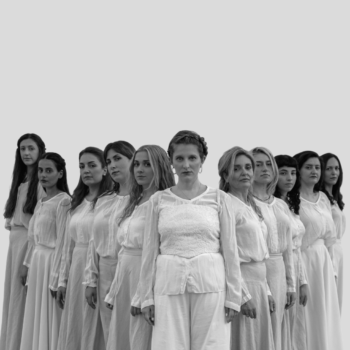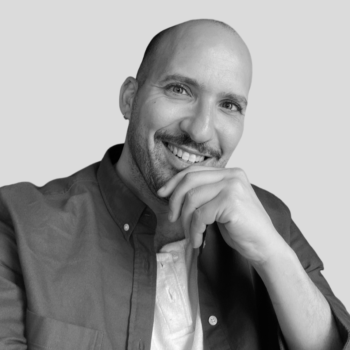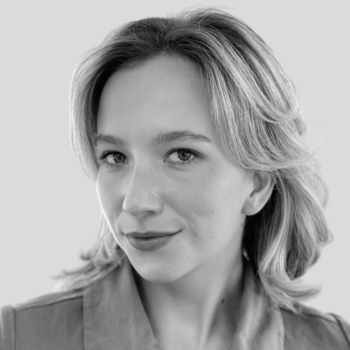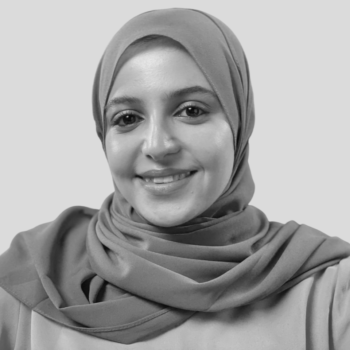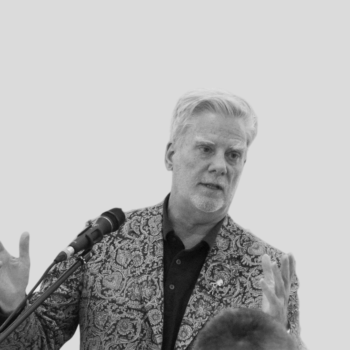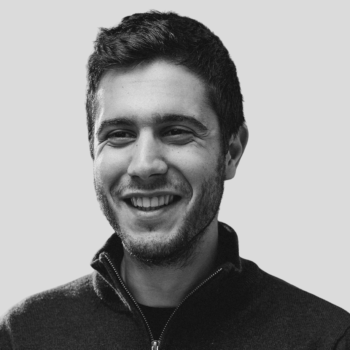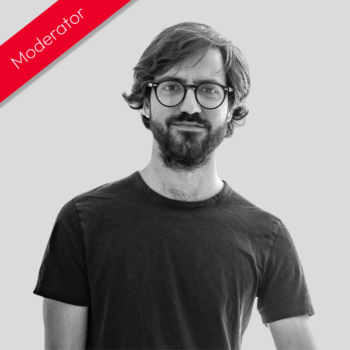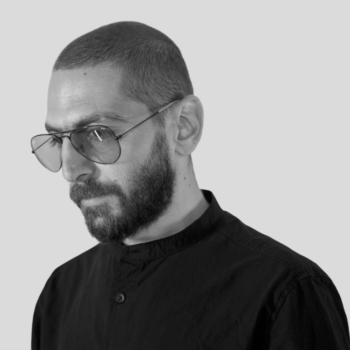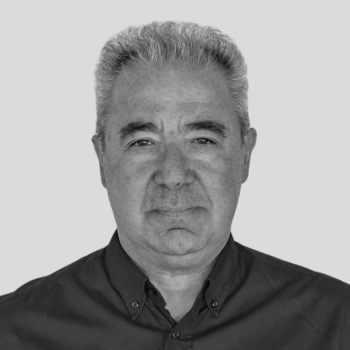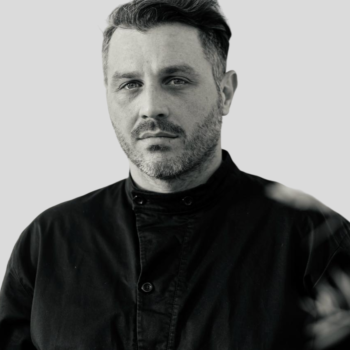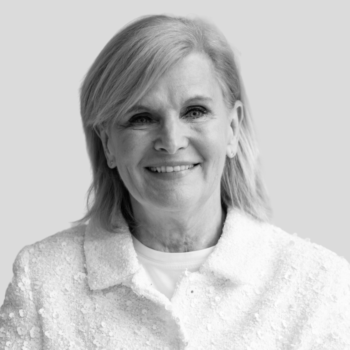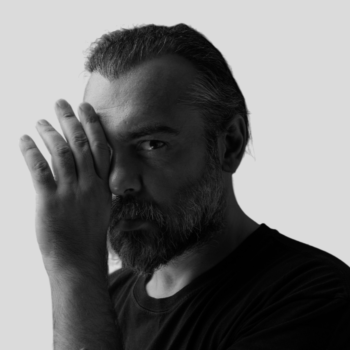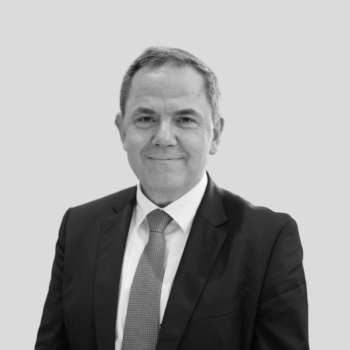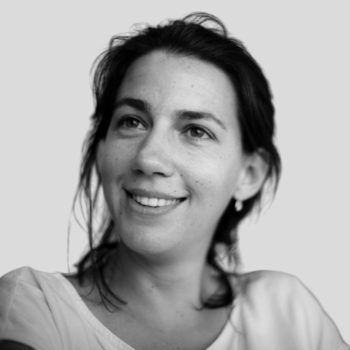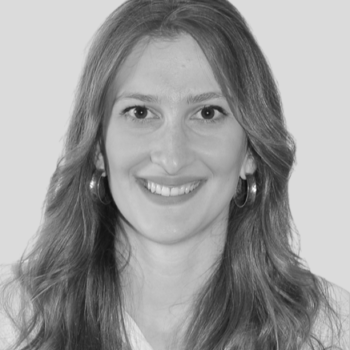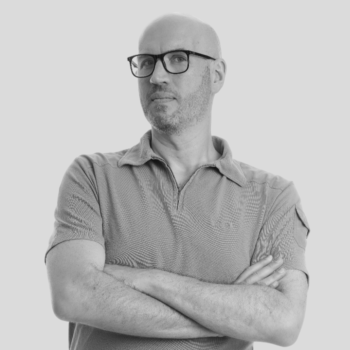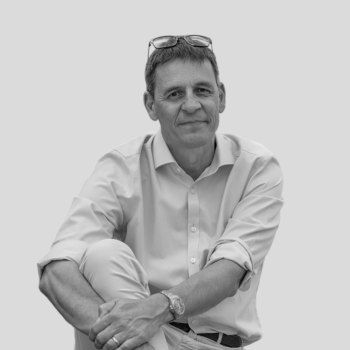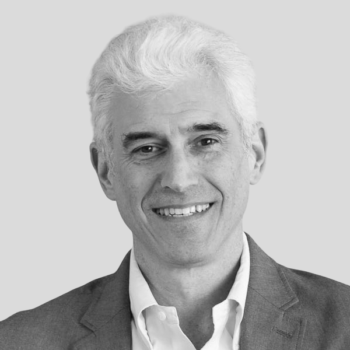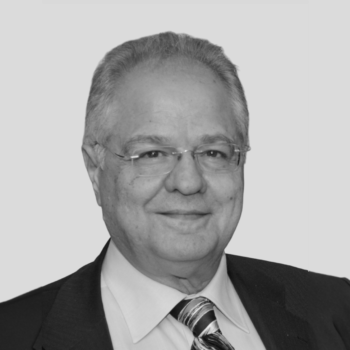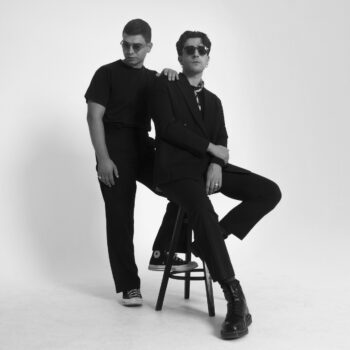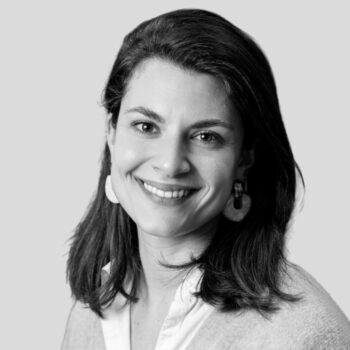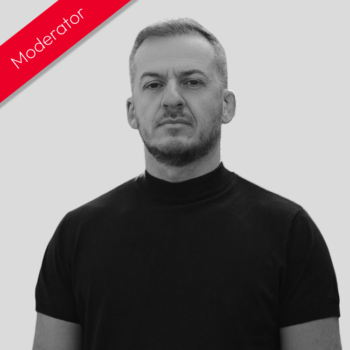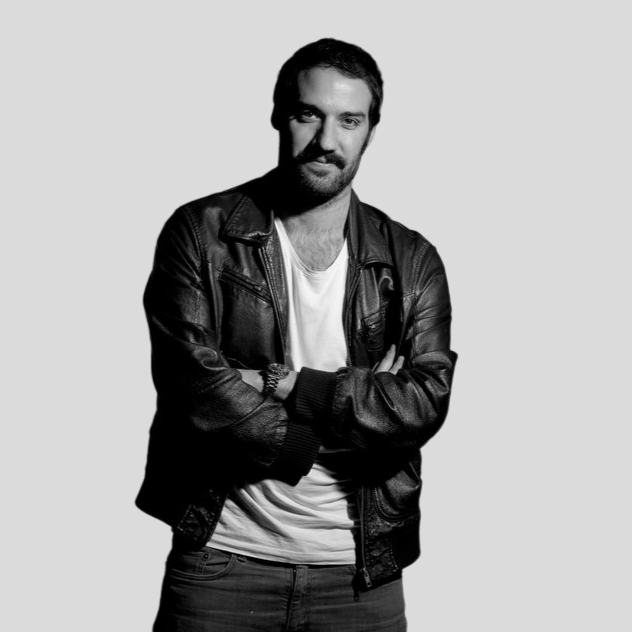
Constantinos Sofikitis is a professional photographer. He is a member of LensCulture society (magnum) and National Geographic contributor. He holds a Bachelor Degree in Mathematics and Economics from the University of the West of England in Bristol and a Masters Degree in Environmental Economics from Cranfield University. After working as an environmental economist for a few years, Sofikitis switched to photography full time because he wanted to capture with his lens the changing faces of nature and humanity because of the accelerating environmental crisis and its violent impacts on societies.
His work has a global geographic footprint and weaves together stories of changing landscapes and livelihoods. His most recent project “Marabou” has been a 3-year journey that sets out to uncover the untold stories of 65 Aegean Islands aiming to document and help preserve knowledge and appreciation for occupations, local customs and traditions that are rapidly becoming extinct. Marabou composes a historiography of emblematic individuals to commemorate local cultures and communities through a visual narrative.
Constantinos has collaborated and continues to work with NYUAD’s Anthropocene Kitchen (the Amplifying the Anthropocene Group specifically) visiting farms in Greece and Abu Dhabi, recording traditional and cutting-edge farming practices and techniques as part of the Foodways for the Anthropocene Project. During Jterm 2023, he was invited as a visiting photographer to visually train students in a cluster of courses that traveled to Nepal. He is a contributing photographer to NYUAD’s Geopolitics and Ecology of the Himalayan Water Project.
Constantinos’ photographs have been published in numerous print and electronic media, both Greek and international. He has exhibited his work extensively in galleries in both Greece and other European countries. In 2017, he won first place in the Sony World Photography Awards. He was invited to do a solo exhibit at the 2017 Venice Biennale. Sofikitis collaborates regularly with National Geographic. In 2022, he completed a National Geographic and UNESCO assignment on geoparks in Crete.
